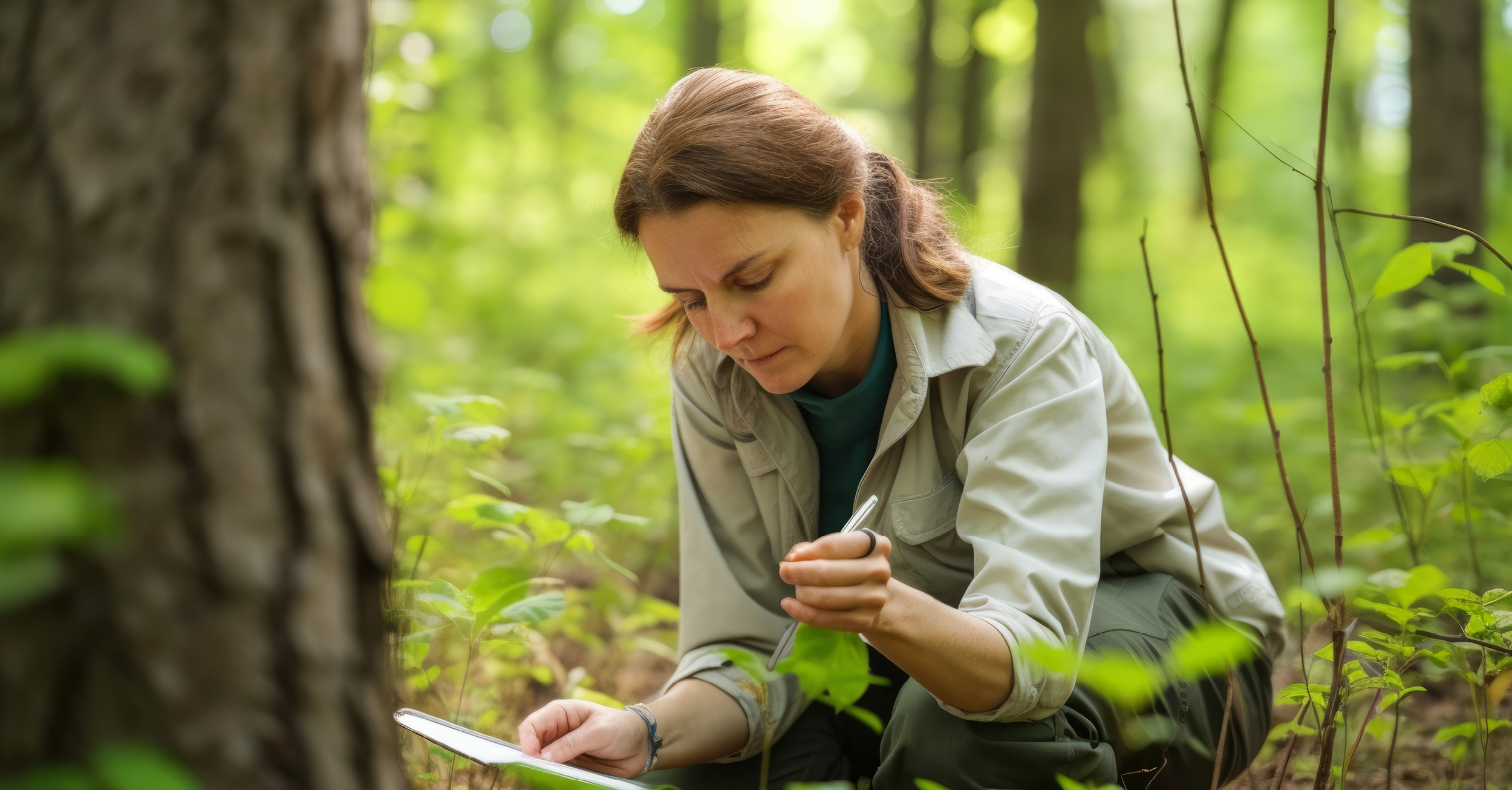In late 2022, the Mirriam-Webster Dictionary added the term “greenwashing”, making “the act or practice of making a product, policy, activity, etc. appear to be more environmentally friendly or less environmentally damaging than it really is”[1] one of the most recent definitions of the term.
While the term “greenwash” was defined by the Concise Oxford English Dictionary as early as 1999, the term has existed for even longer, with ecologist and researcher Jay Westerveld widely considered to have coined the term in a 1986 essay about hotel towel washing practices.
While “greenwashing” can be defined in numerous terms, over time it has become synonymous with using vague and unfounded environmental claims as a marketing tool, and companies caught doing such lambasted publicly.
For those found to be making undue environmental claims, the reputational damage can extend to real business impacts.
For example, according to 2022 research by the Consumer Policy Research Centre, 47% of Australian consumers said finding out a business was greenwashing would stop them from purchasing from it[2].
With such risks at play, and the broader focus on ESG continuing to strengthen globally and in Australia, all marketing and communications professionals should be making it a priority to push for environmental and sustainability legitimacy.
Understand the stakes
Reputational damage aside, Australian businesses are now facing very real compliance and legal ramifications for making unfounded environmental claims, particularly where they influence investors and stakeholders.
In an Australian-first, The Australian Securities & Investment Commission (ASIC) recently launched legal action against Mercer Super for alleged greenwashing conduct based on claims made on its website about superannuation investment options.
Shortly after, The Australian Competition & Consumer Commission released details of a website sweep it conducted which found more than half of the 247 businesses websites reviewed had made concerning claims regarding environmental credentials.
With potential greenwashing a priority focus area for ASIC and ACCC, communicators should be staying on top of the latest regulatory action, risks and guidelines.
Conduct a communications audit
Making environmental claims which are vague, exaggerated and/or unsubstantiated will put your organisation at significant risk.
While it is always good practice to conduct regular audits of marketing and corporate communications materials, doing so with potential greenwashing in mind should be a key focus.
Go through each piece of digital, printed and audio visual material to ensure any environmental-based claims are accurate and – ideally – backed up by research or data.
Be particularly wary of outdated information which may still be present online or in printed form and still available in the public domain.
Be an internal agitator
As custodians of internal and external communications channels, the communications team has a significant stake in the messaging produced by businesses and shared with audiences.
As such, communicators should be helping to lead the charge towards more robust sustainability-based measures and more accurate claims.
Engage closely with corporate leadership, environmental leads, investor relations, risk management, legal and relevant project managers. Ask more questions, push for proof and resist attempts to use ambiguous language.
BBS has more than 30 years’ experience in corporate communication and risk management in Brisbane, Sydney and Melbourne. For a no obligation discussion about how we can help your business contact us today.
[1] ”greenwashing.” Merriam-Webster.com. 2023. https://www.merriam-webster.com (18 May 2023).
[2] Consumer Policy Research Centre, The Consumer Experience of Green Claims in Australia, December 2022.
